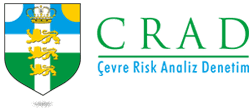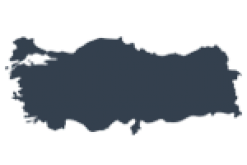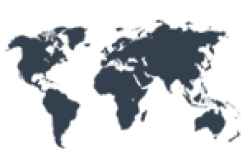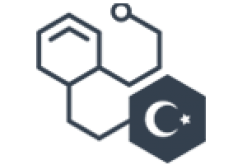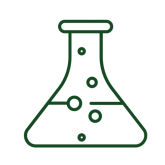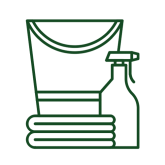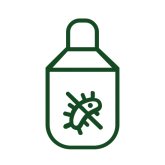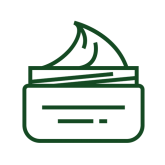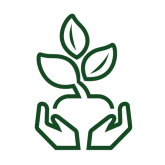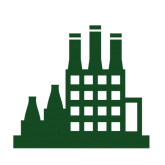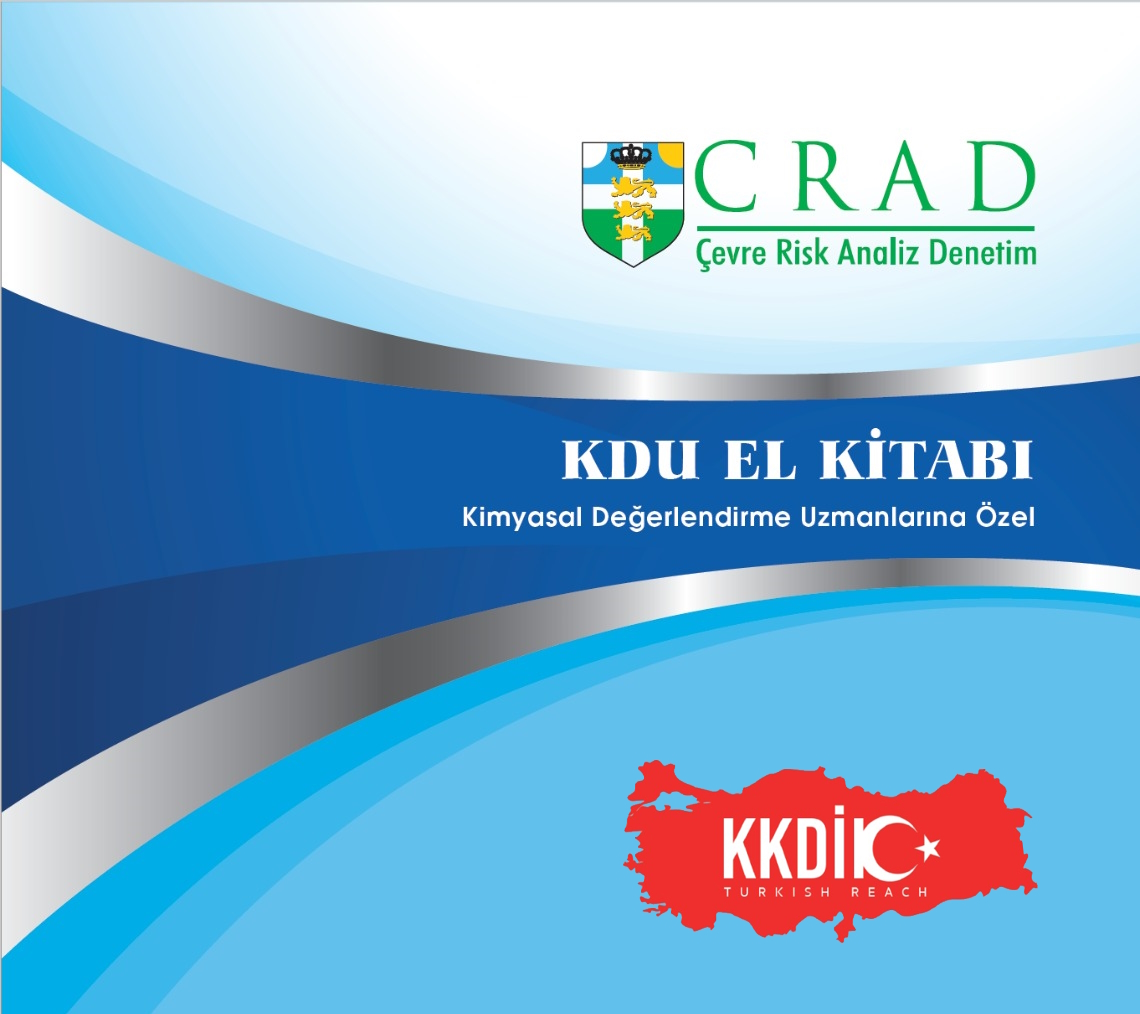WHAT ARE STRICTLY CONTROLLED CONDITIONS UNDER KKDİK REGULATION AND WHAT DO THEY REQUIRE?
Content addition date : 13-06-2025
According to Articles 17 and 18 of the KKDİK Regulation (Turkish REACH), the registration of substances as on-site isolated intermediates or transported isolated intermediates requires the implementation of strictly controlled conditions and the provision of information demonstrating that the requirements in Articles 17 and 18 of the KKDİK Regulation have been fulfilled.
The KKDİK Regulation (Turkish REACH) requires, for the registration of transported isolated intermediates, that information on the applied and recommended risk management measures to the user be provided (KKDİK Article 18(2)(f)).
What Do Strictly Controlled Conditions Include?
Strictly controlled conditions are defined in KKDİK Regulation Article 18(4)(a) – (f). The “Intermediates Guidance” (Section 2.1) defines strictly controlled conditions as:
“A set of technical measures supported by operating procedures and management systems.”
These measures include:
► Keeping the substance strictly within closed systems by technical means throughout its lifecycle (production, purification, use, etc.), for example:
- Use in the synthesis of another substance
- Cleaning and maintenance
- Sampling and analysis
- Loading and unloading of equipment/facilities
- Waste disposal/purification and storage
► Use of the substance only by trained, authorized, and supervised personnel and according to well-documented procedures
► Implementation of specific procedures for cleaning and maintenance
► Availability of procedural and/or control technologies for accident and waste management
What Are the Obligations of Registrants?
If registrants of intermediates want to benefit from the reduced information requirements provided in Articles 17 and 18 of the KKDİK Regulation, they must confirm that all these conditions are fulfilled.
• Registrants of transported isolated intermediates may be the manufacturer or the importer of the substance.
• If the registrant also uses the intermediate in the production of another substance, these strictly controlled conditions must be applied at their own site.
• If the substance is produced outside Türkiye and imported, these conditions do not apply to operations outside Türkiye.
• If the registrant supplies the intermediate to other users (downstream users) in Türkiye, they must provide the recommended risk management measures to these users.
• The registrant must confirm that these users carry out the transformation of the intermediate into another substance under strictly controlled conditions.
• However, if the registrant does not fully know how the users are using the intermediate, then these users must confirm to the registrant that the substance is used as an intermediate and under strictly controlled conditions.
The registrant must indicate in their own KKDİK dossier either their own confirmation or that they have obtained this confirmation from downstream users.
• Suppliers of intermediates must keep the identities and confirmation declarations of downstream users and present them to the authorities upon request.
• Including this information (user lists and confirmations received) in the registration dossier is recommended. In this way, compliance with the strictly controlled conditions set out in Article 18(4) of the KKDİK Regulation for transported isolated intermediates can be demonstrated.
For detailed information about the actions your company needs to take under strictly controlled conditions, please contact CRAD.
